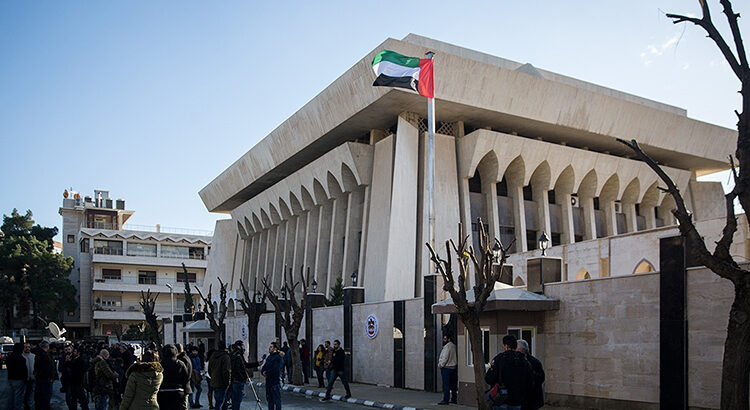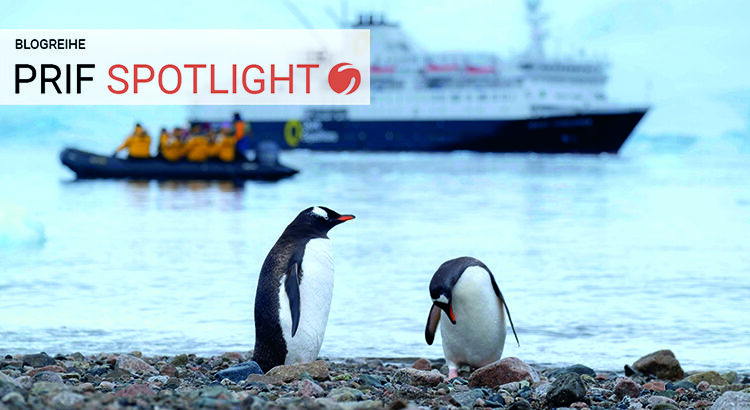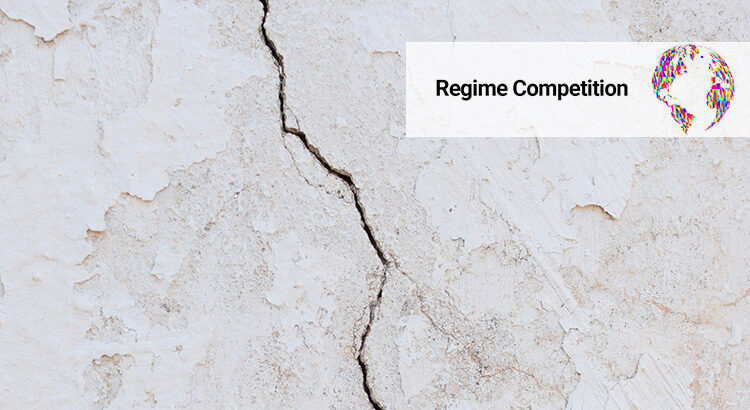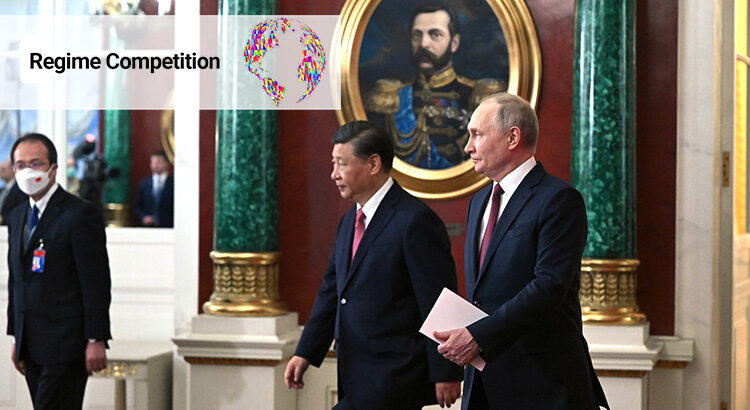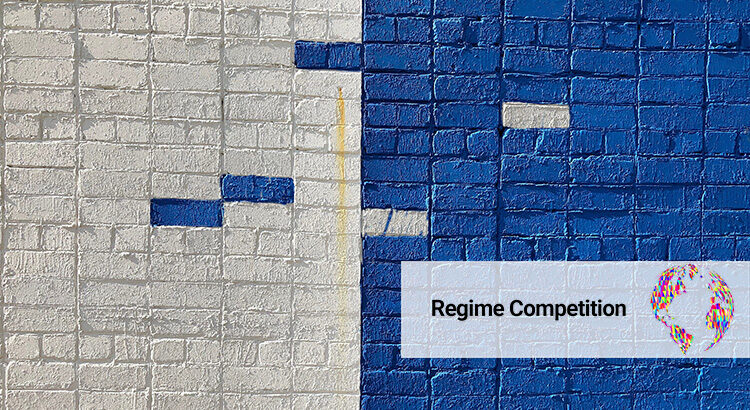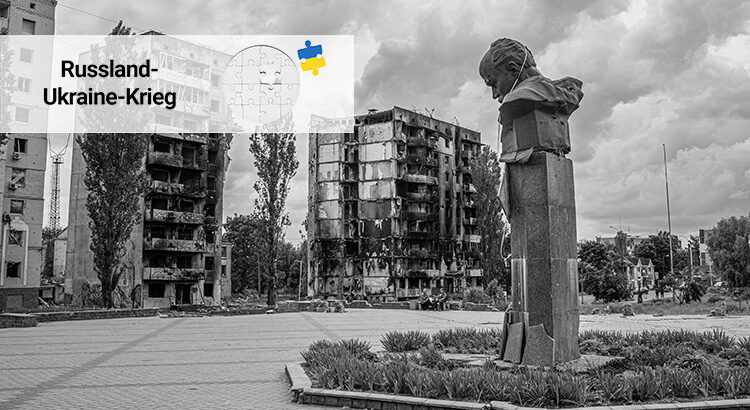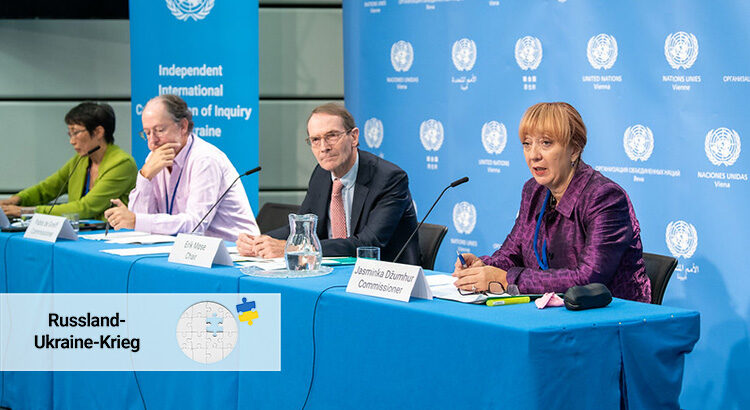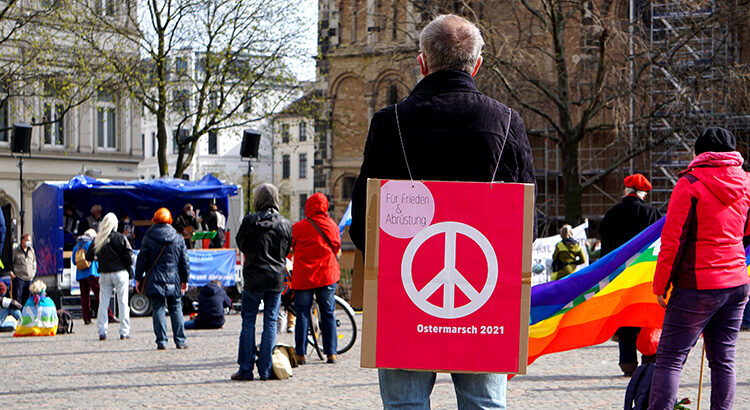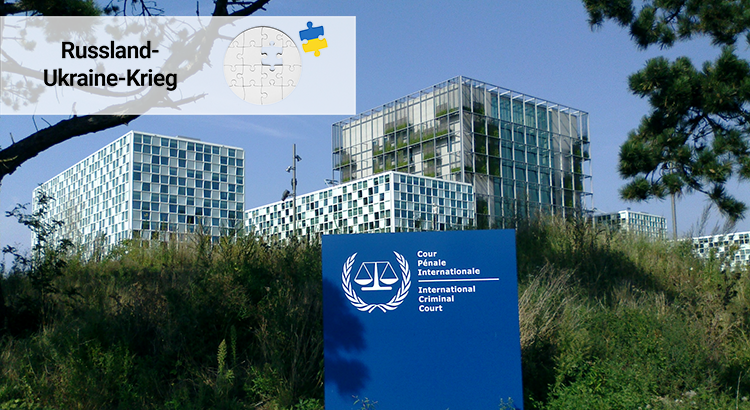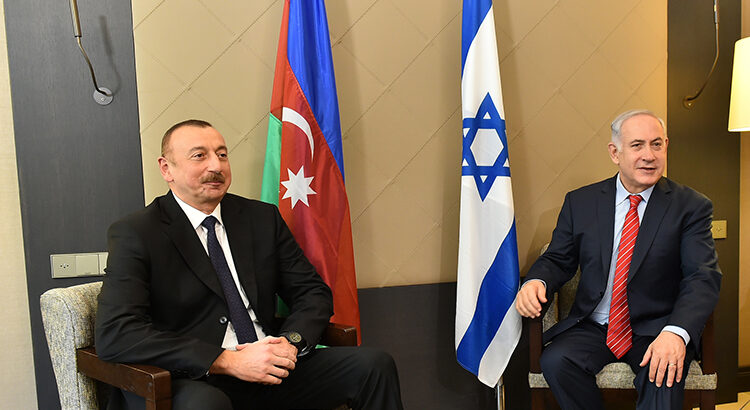Syria has returned to the stage of regional diplomacy with the readmission of Damascus to the Arab League after a 12-year suspension. The country’s comeback is the outcome of regional diplomatic efforts that started in 2018 but reached their climax after the devastating earthquake in Syria and Turkey in February. Normalization with Syria comes without any accountability for the crimes the Syrian regime has committed against its own people nor a change in behavior that would signal the end of the suffering of Syrians. We argue that despite international and regional factors setting the stage, domestic factors are Arab states’ main incentives for normalization.
Is Antarctica Still Exceptional? The Case for “Co-opetition” at the South Pole
Antarctic diplomacy has famously shielded the continent of peace, science, and environmental protection from outside conflict and war. This “exceptionalism” is now being tested by Russia’s war against Ukraine and the belief that international strategic competition between great powers is spilling over into the Antarctic. In order to keep the Antarctic exceptional, however, it would be wise to refocus on what has made Antarctic diplomacy so successful in the first place: cooperation in order to compete, or “co-opetition.”
Decoupling and the “New Cold War”: Cautionary Lessons from the Past
An emerging “new Cold War” appears to pit democracies, led by the US, against autocracies, led by Russia and China. But the analogy between today’s regime competition and that of the “old” Cold War is deceptive. China and Russia today are much more closely intertwined with Western democracies than the Soviet Union ever was. These linkages will complicate the conflict considerably. There is already growing pressure to engage in “decoupling”, that is, to break these interdependencies. Research on past instances of decoupling shows that such processes often exacerbate conflict. This research offers four lessons about the general dynamics of decoupling – and little cause for optimism about today’s disengagement processes.
Xi and Putin’s Strategic Tango: Unpacking the Complexities of Russia-China Relations After the 2023 Moscow Summit
The March 2023 state visit of Chinese president Xi Jinping to Russia has attracted significant attention, and has been described as symbolic of growing cooperation between authoritarian states opposed to the current world order. However, as we argue in a recently-published article based on a review of Russian and Chinese expert statements, this partnership should best be understood as a limited, strategically motivated cooperation against shared threat perceptions. Meanwhile, there is much less agreement on normative questions, let alone a shared vision of an alternative world order.
Regime Competition in a Fragmented World: Consequences for Peace and Conflict
More than thirty years after the proclaimed “end of history” and the third wave of democratization, the world is once again marked by increased diversity in political regimes. The (re-)emergence of powerful authoritarian states like China and Russia and the trend of backsliding in seemingly consolidated democracies have created a more pluralistic and multipolar world, in which states with different political regime types increasingly view each other as competitors, seeking to prove the superiority of their own political and economic systems and to win the allegiance of third countries.
War against Ukraine: How to Make Deterrence and Arms Control Work
One year after the Russian invasion of Ukraine, experts from the United States, Ukraine, Germany, Turkey, and France discussed the consequences of the war for the nuclear world order in a workshop organized by PRIF’s French partner organization “Fondation pour la recherche stratégique” (FRS) and the “Odesa Center for Nonproliferation” (OdCNP). The focus was on the importance and limits of nuclear deterrence policy and arms control, disarmament, and nonproliferation.
From Facts to Norm Violations and Accountability? The Independent International Commission of Inquiry on Ukraine
The Independent International Commission of Inquiry on Ukraine—established by the United Nations Human Rights Council in March 2022—published its report on 15 March 2023, detailing numerous violations of international human rights, criminal and humanitarian law, primarily carried out by Russian forces. Such commissions of inquiry are essential when other enforcement mechanisms are blocked, and can provide avenues for accountability in national, regional, and international courts. The full-scale attention of international institutions on Ukraine is a critical moment to strengthen the work of international fact-finding missions for future and existing armed conflicts.
Die Ostermärsche 2023 und der Überfall auf die Ukraine: Nur wenige Aufrufe fordern Russlands Rückzug
Die Ostermärsche schauen auf eine jahrzehntelange Geschichte zurück. Zu ihren Hochzeiten konnten sie Hunderttausende Menschen auf die Straße bringen. Welche Themen und Appelle dabei im Zentrum standen, hing vom jeweiligen Konfliktgeschehen in Europa und der ganzen Welt ab. In diesem Jahr stehen die Aufrufe im Zeichen des russischen Angriffskrieges gegen die Ukraine. Während zahlreiche von ihnen Waffenlieferungen an die Ukraine kritisieren, verlangt nur eine kleine Minderheit den Rückzug der russischen Truppen.
Der Haftbefehl des Internationalen Strafgerichtshofs gegen Putin – Eine völkerrechtliche Einordnung
Am 17. März 2023 hat der Internationale Strafgerichtshof (IStGH) Haftbefehle gegen Vladimir Putin und eine Präsidialbeamtin erlassen. Diese Entscheidung hat große Teile der Fachwelt überrascht und wirft einige Fragen auf: Auf welcher Basis kann der IStGH Putin verfolgen? Was wird ihm und der Präsidialbeamtin vorgeworfen? Ist er als amtierender Präsident vor Verfolgung besonders geschützt? Welche Staaten sind verpflichtet, den Haftbefehl umzusetzen? Was sind die politischen Folgen für Putin, das Gericht und das Völkerrecht? Der Blogbeitrag geht auf diese Fragen vor allem aus völkerrechtlicher Sicht ein.
Why Israel Backs Azerbaijan in Nagorno-Karabakh Conflict: It’s Not About Armenia
Amidst the devastation caused by the recent earthquakes in Turkey on 6 February, Iranian Foreign Minister Hossein Amir Abdollahian made a strong statement warning against the threat posed by the Zionist regime to peace and stability in the region. Specifically, he pointed to Israel’s involvement in the Nagorno-Karabakh conflict, where Azerbaijan emerged victorious with significant support from Israel in the form of technology and arms. But why did Israel get involved in a conflict thousands of miles away, with no direct interests? In this post, we’ll take a closer look at Israel’s strategic partnerships with Azerbaijan and Turkey, and how they tie into its involvement in the Nagorno-Karabakh conflict.
